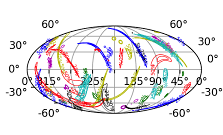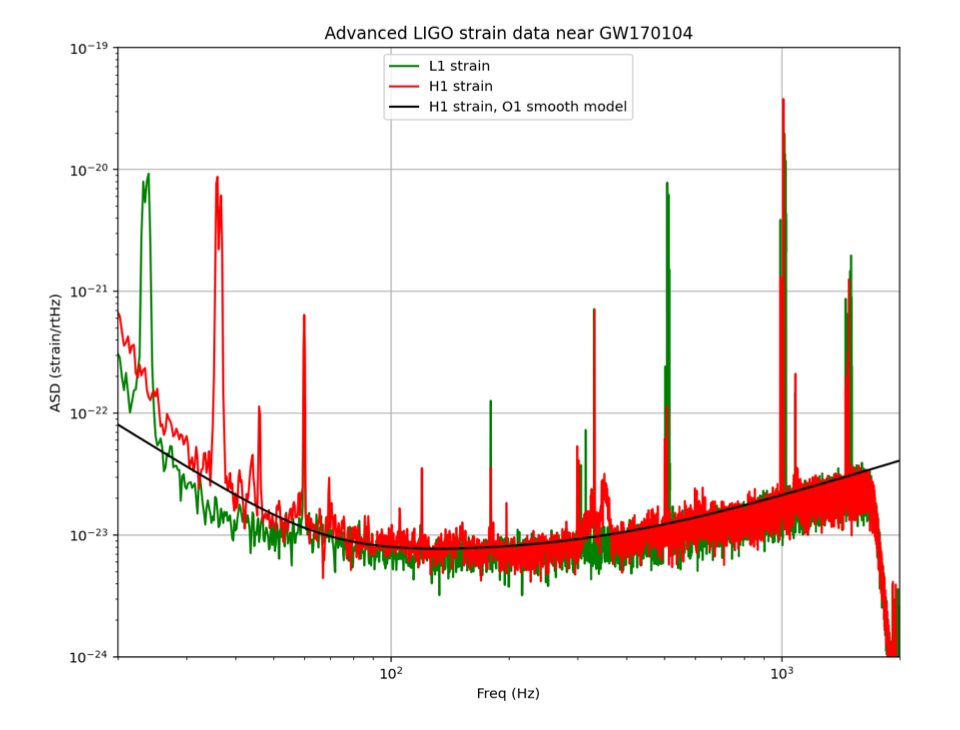Poughkeepsie, New York

Students learn about the physics of gravitational waves and how they are detected, and then use real data from a global network of gravitational wave observatories to perform their own personal research investigation.

Read about each student's investigation in their own words:
LIGO's future performance could be predicted using past data. By measuring the decrease of ASD over S5, S6, and O1, a trend line can be drawn to show the past improvements of LIGO and to reliably predict the future trend. A rough prediction of whether LIGO can detect the weak primordial wave signal in the near future will be given based on its frequency range and strain amplitude.
The goal of this project was to investigate the condition needed for LIGO and future gravitational wave detector like eLISA to detect low mass gravitational wave sources. I modified the template provided by LIGO open science center and added the template to the real noise from LIGO data to create a software injection. The result suggests that present LIGO cannot detect signals from low mass gravitational wave source, yet future eLISA would be more suitable for this job.